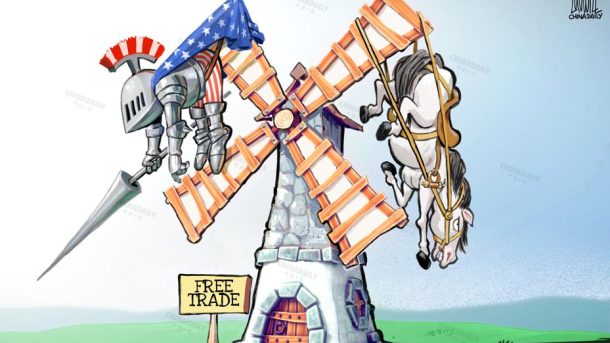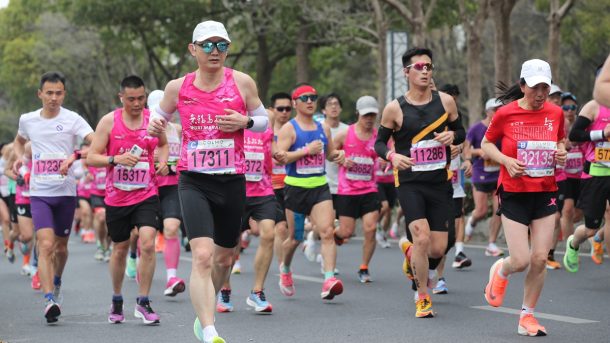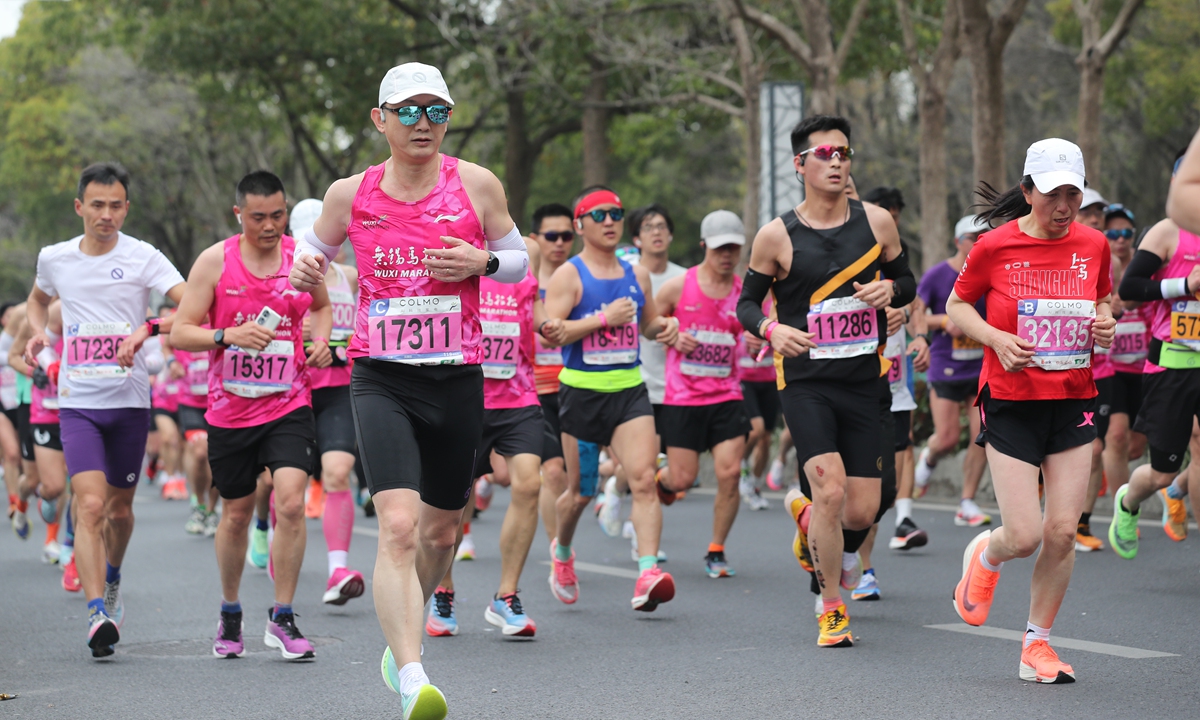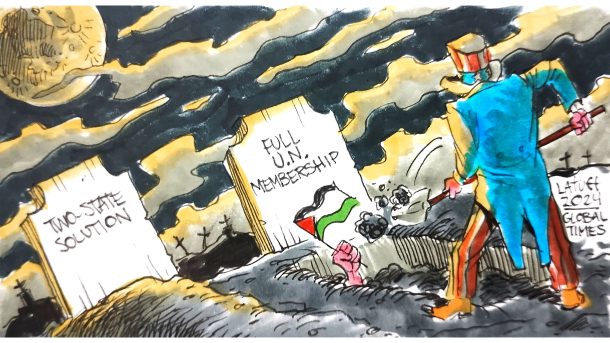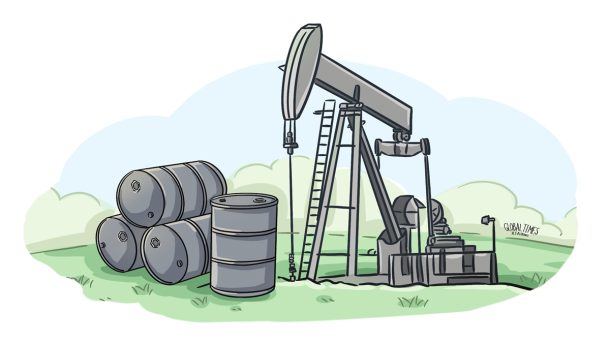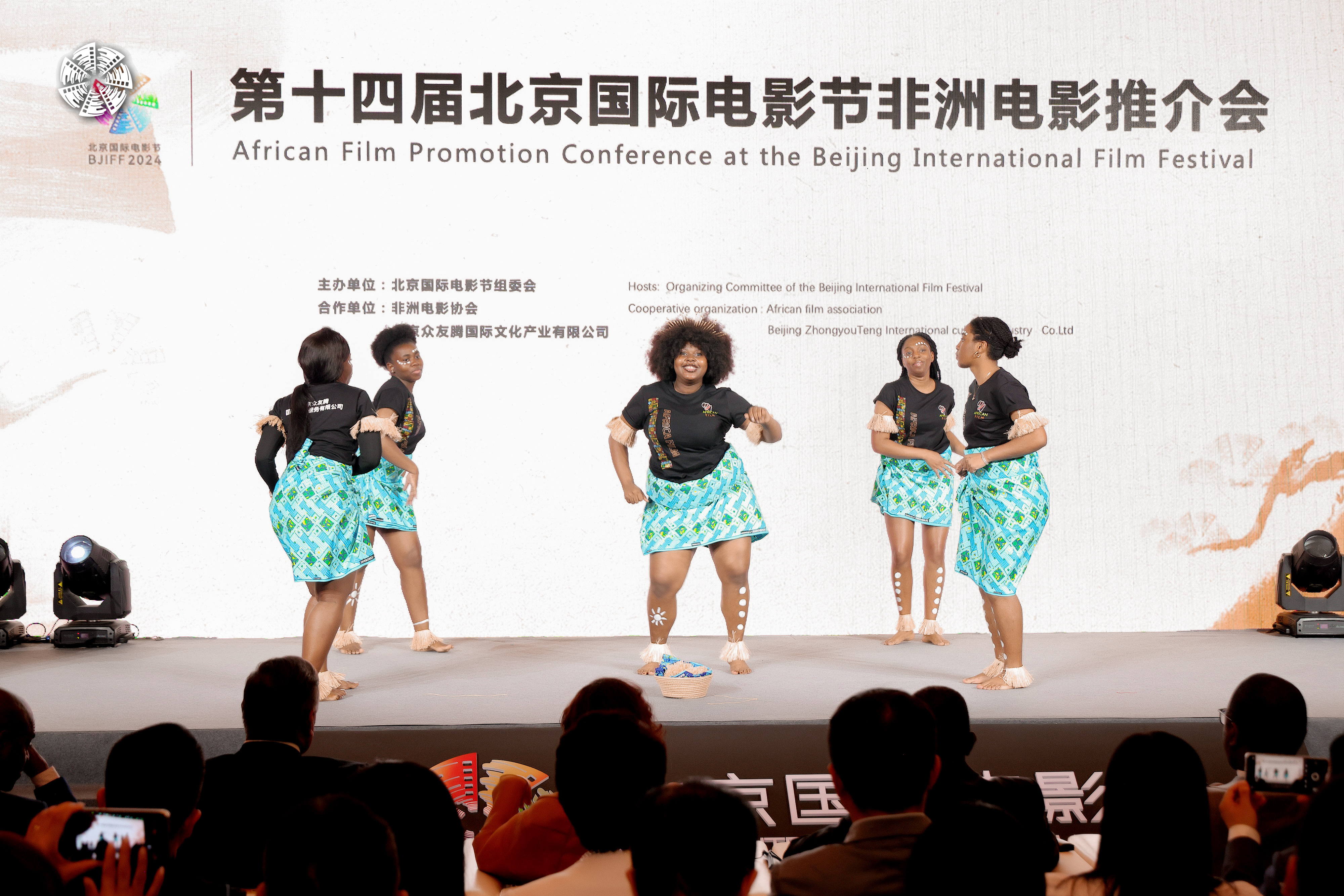 Dancers perform at the African Film Conference at the 14th Beijing International Film Festival in Beijing, April 22, 2024. /BJIFF
Dancers perform at the African Film Conference at the 14th Beijing International Film Festival in Beijing, April 22, 2024. /BJIFF
Dancers perform at the African Film Conference at the 14th Beijing International Film Festival in Beijing, April 22, 2024. /BJIFF
An African gem holds the key to humanity’s survival. A group of Chinese travelers are stranded in a forest in Africa and require a special mechanism to help them return to Beijing after their DNA is altered.
These are the plots of two sci-fi movies set to be screened in the future as China-Africa film projects come to fruition amid growing industry collaboration between the two sides.
The movies “Lost in Africa” and “Kingdown” were among the film projects detailed at the ongoing Beijing International Film Festival (BJIFF) that are expected to hit the big screen within the next two years.
The two films, both featuring sci-fi themes, bear the hallmarks of China-Africa collaboration, featuring Chinese characters and cast, Mandarin Chinese dialogue and shooting locations both in China and Africa.
As a genre, sci-fi has been trending in Africa for years, from South African movie “District 9” in 2009 to the recent, popular multi-country web series “African Tales Reimagined.”
“Science fiction movies in Africa are developing well now,” said Luc Bendza, a Gabonese martial artist and actor who was one of the organizers behind the BJIFF’s African Film Promotion Conference this week.
“The Beijing International Film Festival gives us the opportunity to let people in China know what is going on in the African film industry… Now with the opening of Chinese culture around the world, both China and Africa need to start exchanges in movies,” he added.
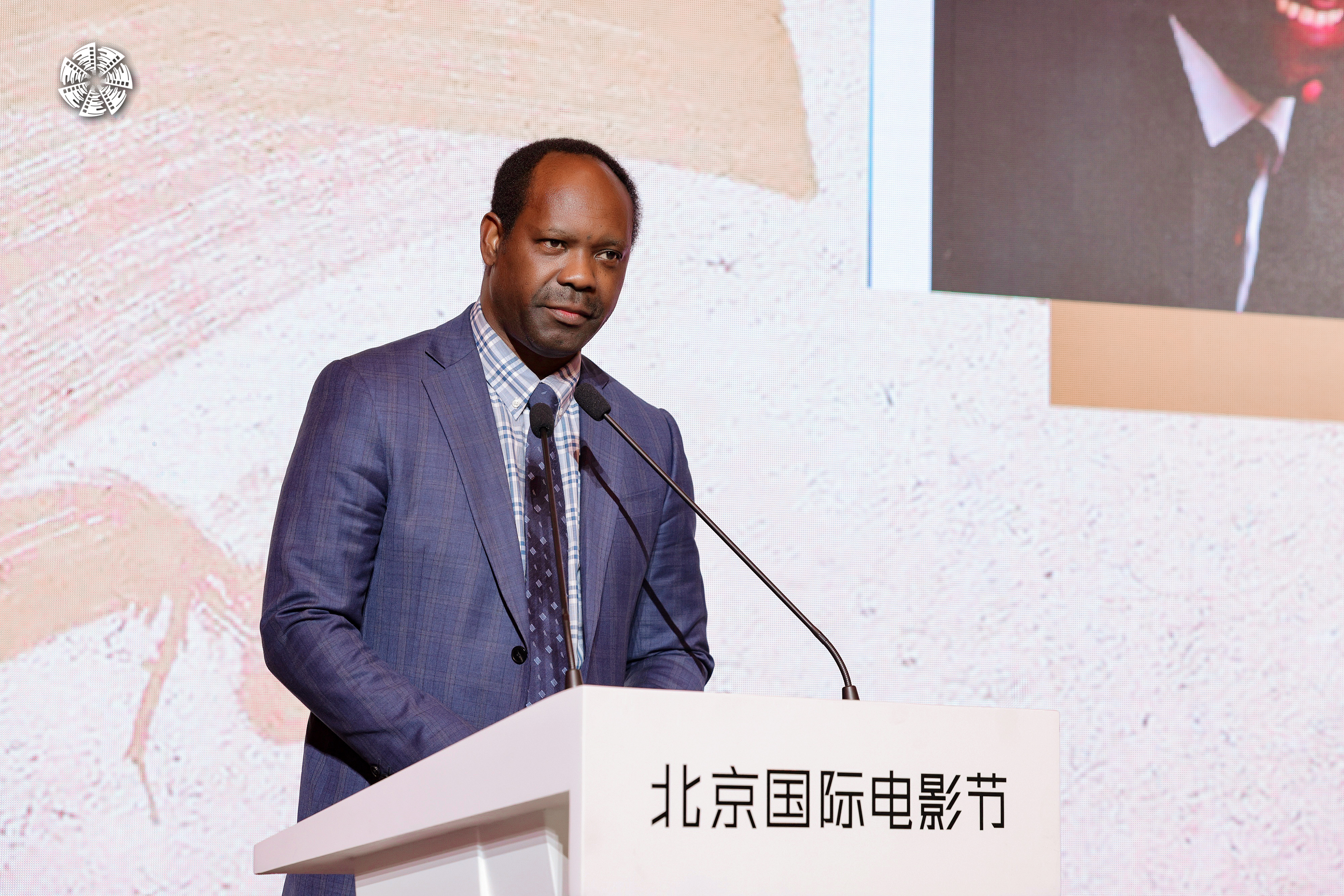 Conference organizer Luc Bendza speaks at the African Film Conference at the 14th Beijing International Film Festival in Beijing, April 22, 2024. /BJIFF
Conference organizer Luc Bendza speaks at the African Film Conference at the 14th Beijing International Film Festival in Beijing, April 22, 2024. /BJIFF
Conference organizer Luc Bendza speaks at the African Film Conference at the 14th Beijing International Film Festival in Beijing, April 22, 2024. /BJIFF
The movie “Lost in Africa” by Democratic Republic of Congo-born filmmaker Zeka Laplaine is a production set to feature a Chinese cast. Laplaine was not able to attend the conference due to filming commitments, but greeted attendees via a video message.
The film tells the story of a group of Chinese travelers – Fang Peng, Fang Ke, Xin Feifei and Guo Xiaming – who are stranded in an African forest and are discovered by a boy named Billy.
He takes them back to his village where a wizard notices an abnormality in them. It is determined that their genes may have been lost. They then have to embark on a journey with Billy to a special transporter that will take them back to Beijing, a trip they cannot make in their current body state.
Plans are afoot for a theatrical release in China, and in Southeast Asia, as well as a streaming release on Chinese and international platforms.
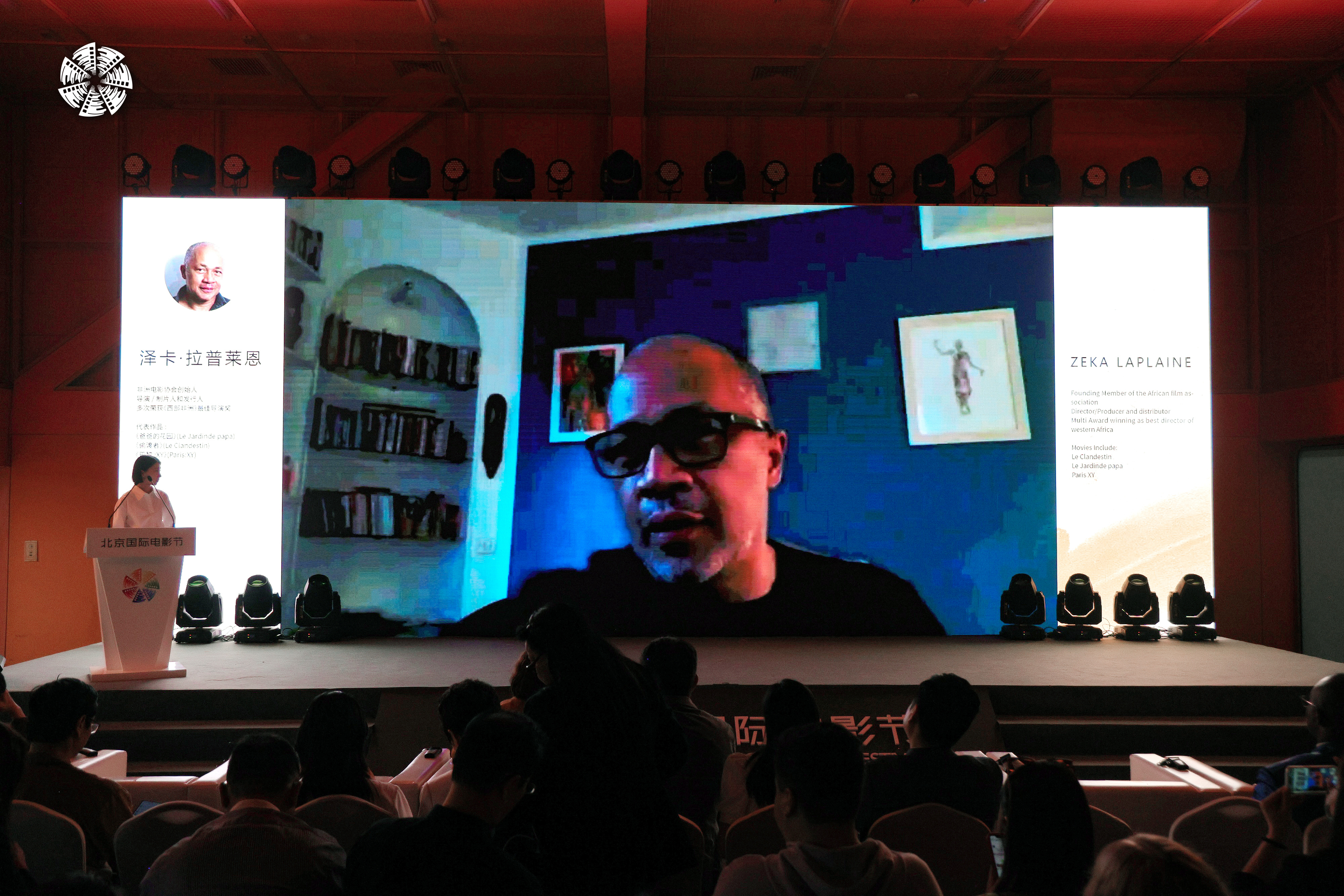 Democratic Republic of Congo-born filmmaker Zeka Laplaine appears in a video message to the attendees of the African Film Conference at the 14th Beijing International Film Festival in Beijing, April 22, 2024. /BJIFF
Democratic Republic of Congo-born filmmaker Zeka Laplaine appears in a video message to the attendees of the African Film Conference at the 14th Beijing International Film Festival in Beijing, April 22, 2024. /BJIFF
Democratic Republic of Congo-born filmmaker Zeka Laplaine appears in a video message to the attendees of the African Film Conference at the 14th Beijing International Film Festival in Beijing, April 22, 2024. /BJIFF
Meanwhile, “Kingdown,” from the Gabonese filmmaker Matamba Kombila combines elements of romance weaved into a sci-fi tale about warring peoples in the distant future. Kombila, who is also currently shooting, greeted the conference attendees via a video message.
The story revolves around a special gem in the possession of a special queen and princess in Africa that has ensured a successful existence for their society and kingdom, in a world depleted of resources. On the other side of the world, a greedy emperor learns of the gem.
He wants to use his prince to take control of the gem and the kingdom, destroy its people, and create a new world for his own people. The princess and prince of the two kingdoms fall in love, offering audiences a story of human nature amid conflict.
The production is expected to be filmed in Yunnan Province in southwest China as well as Gabon’s Lope National Park.
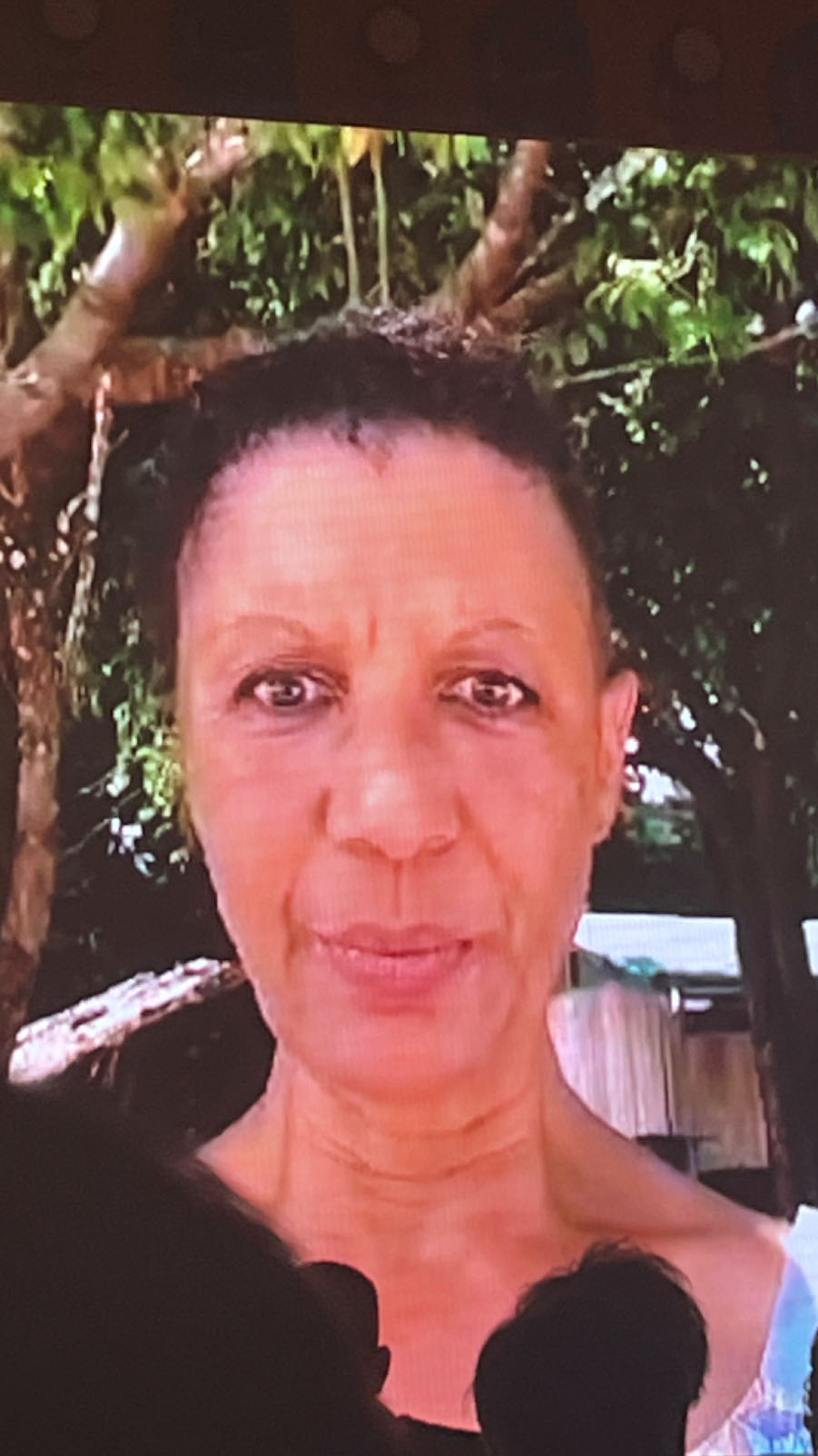 Gabonese filmmaker Matamba Kombila appears in a video message to the attendees of the African Film Conference at the 14th Beijing International Film Festival in Beijing, April 22, 2024. /CGTN
Gabonese filmmaker Matamba Kombila appears in a video message to the attendees of the African Film Conference at the 14th Beijing International Film Festival in Beijing, April 22, 2024. /CGTN
Gabonese filmmaker Matamba Kombila appears in a video message to the attendees of the African Film Conference at the 14th Beijing International Film Festival in Beijing, April 22, 2024. /CGTN
Regarding the progress of the two film projects, Bendza said: “Matamba and I have been talking about this project “Kingdown” for over three years. I told her that she needs to make a connection between China and Africa in Gabon.”
“A lot of work still needs to be done. Both the African and Chinese sides need to sit down. Both ‘Kingdown’ and ‘Lost in Africa’ are moving forward.
“Both directors couldn’t come as they are shooting other movies. Next time, they will come personally and meet investors. I think that will be soon. We will see these films next year, or the year after.”
African actors at the conference were enthused by the promise that these film collaborations are set to bring.
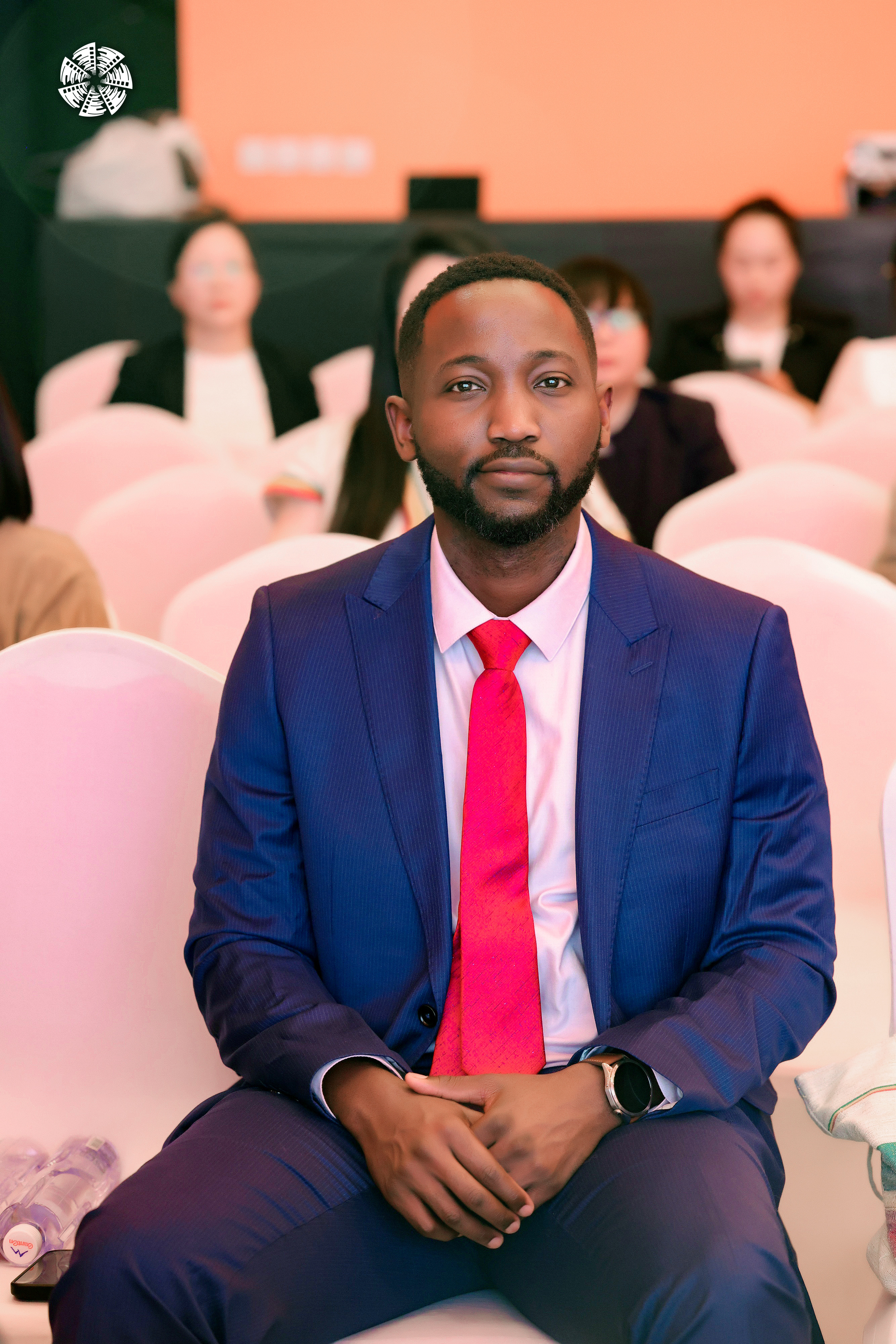 Ugandan actor Samuel attends the African Film Conference at the 14th Beijing International Film Festival in Beijing, April 22, 2024. /BJIFF
Ugandan actor Samuel attends the African Film Conference at the 14th Beijing International Film Festival in Beijing, April 22, 2024. /BJIFF
Ugandan actor Samuel attends the African Film Conference at the 14th Beijing International Film Festival in Beijing, April 22, 2024. /BJIFF
A Ugandan actor living in China, who goes by the single name of Samuel, said Chinese audiences were keen to embrace new content.
“I’ve been offered roles that help build the relationship between China and Africa. This is quite good because this opens up Africa not just to the world but to China. These films and TV series that have been filmed in the six or seven years that I have been here have been eye-opening. They help to bridge cultural gaps.
“China is a big market, filled with a huge audience who are hungry to see new content from around the world, including Africa. Film and television is one of the areas where China can continue to invest in Africa,” he said.
 Cameroonian actress Diamond poses for a photo at the African Film Conference at the 14th Beijing International Film Festival in Beijing, April 22, 2024. /CGTN
Cameroonian actress Diamond poses for a photo at the African Film Conference at the 14th Beijing International Film Festival in Beijing, April 22, 2024. /CGTN
Cameroonian actress Diamond poses for a photo at the African Film Conference at the 14th Beijing International Film Festival in Beijing, April 22, 2024. /CGTN
Cameroonian actress Diamond, who also spoke at the conference and has been living in China for 10 years, said: “China-Africa collaborations are going to benefit me as an actress. I will be able to show people more about African culture.”
Bendza hopes that the African film conference will grow in future years. “In the future, I hope for more projects to be presented at this festival, movie screenings, and different panels and discussions about how we can make movies together.”
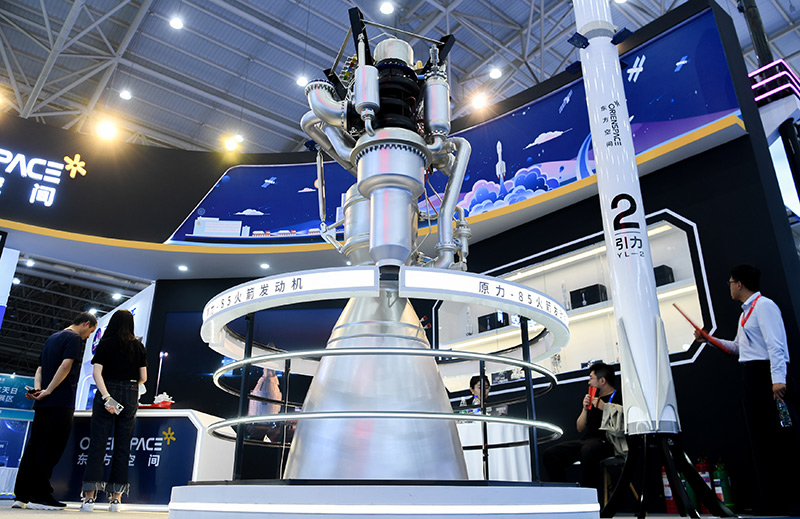 People look at a model of rocket engine at an exhibition on aerospace in Wuhan, Central China’s Hubei province, April 23, 2024. [Photo/Xinhua]
People look at a model of rocket engine at an exhibition on aerospace in Wuhan, Central China’s Hubei province, April 23, 2024. [Photo/Xinhua] 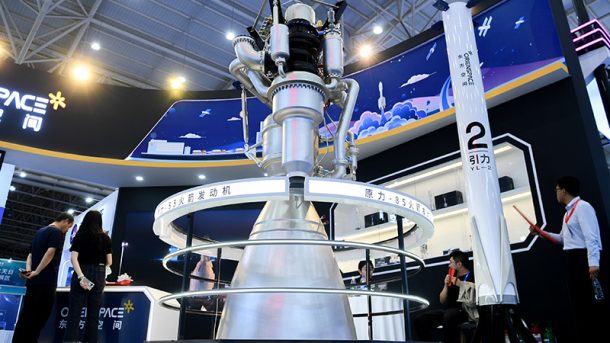
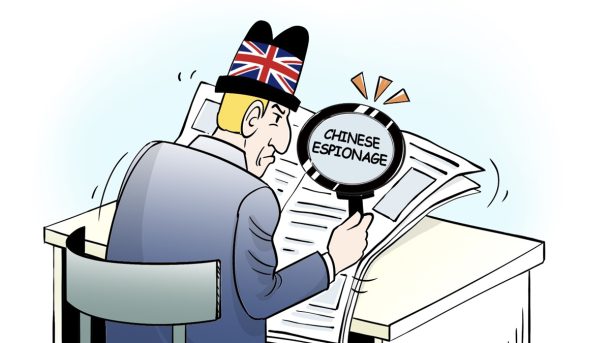
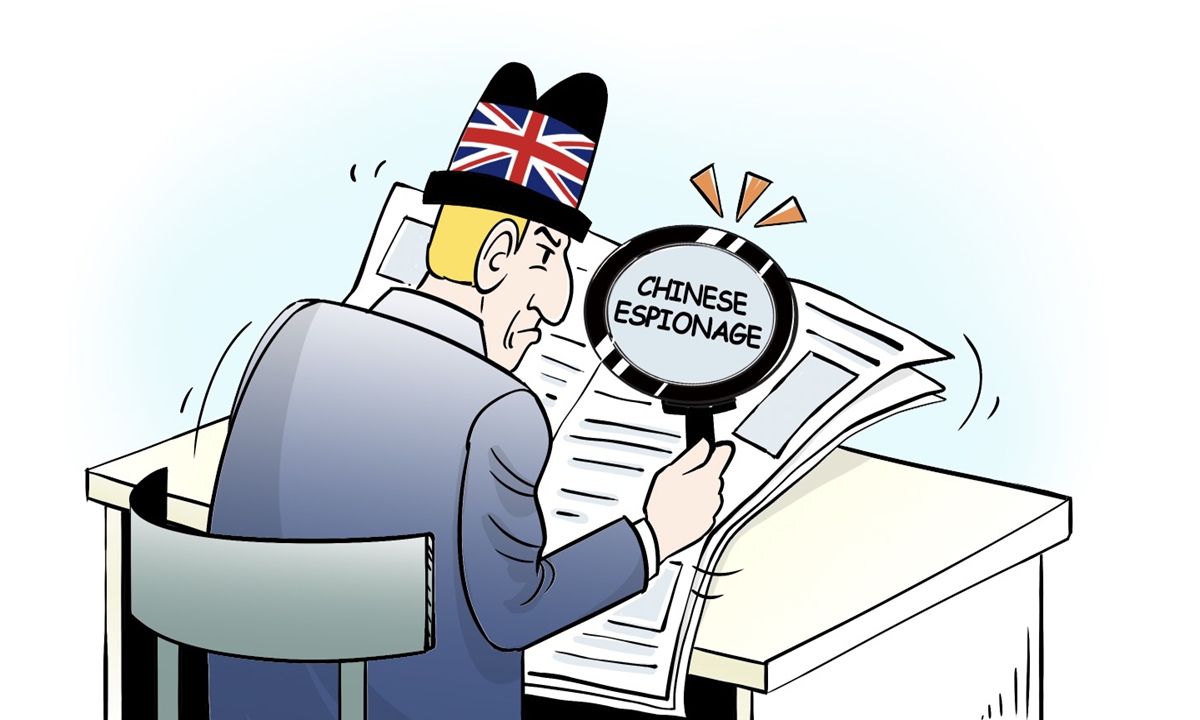
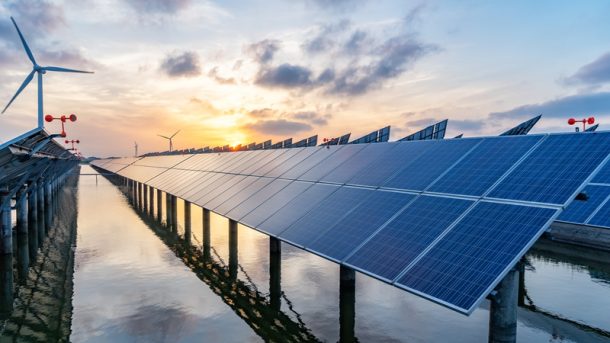
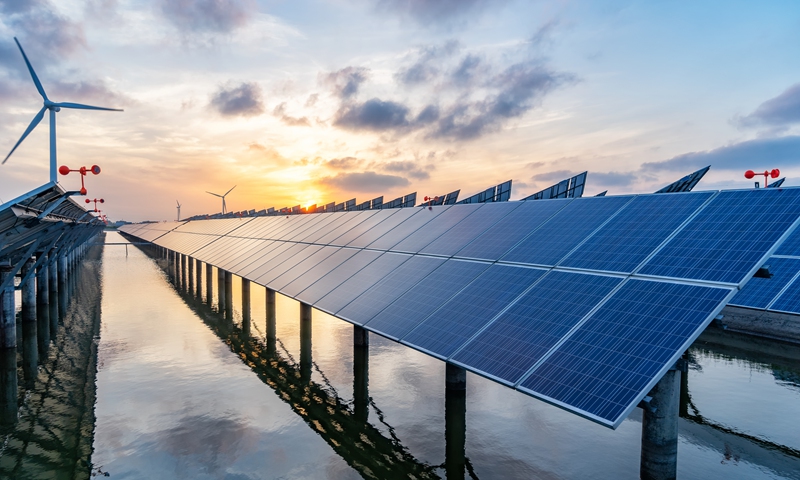
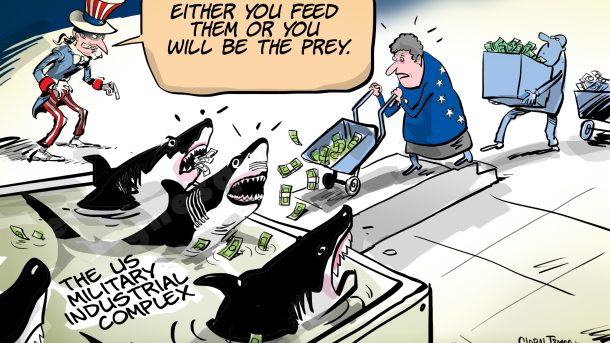
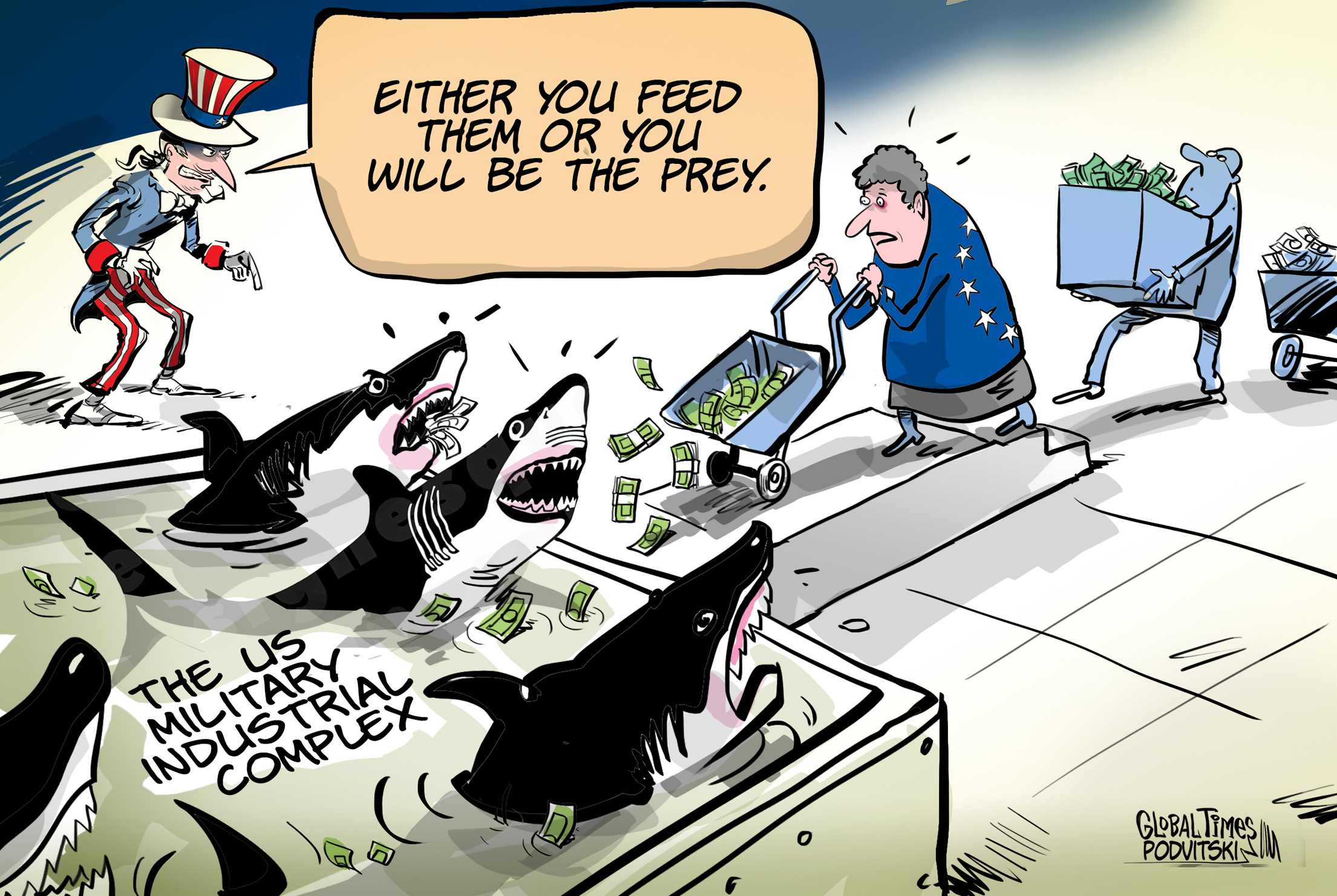
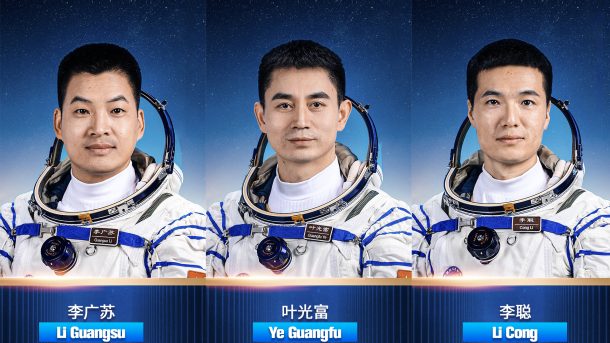
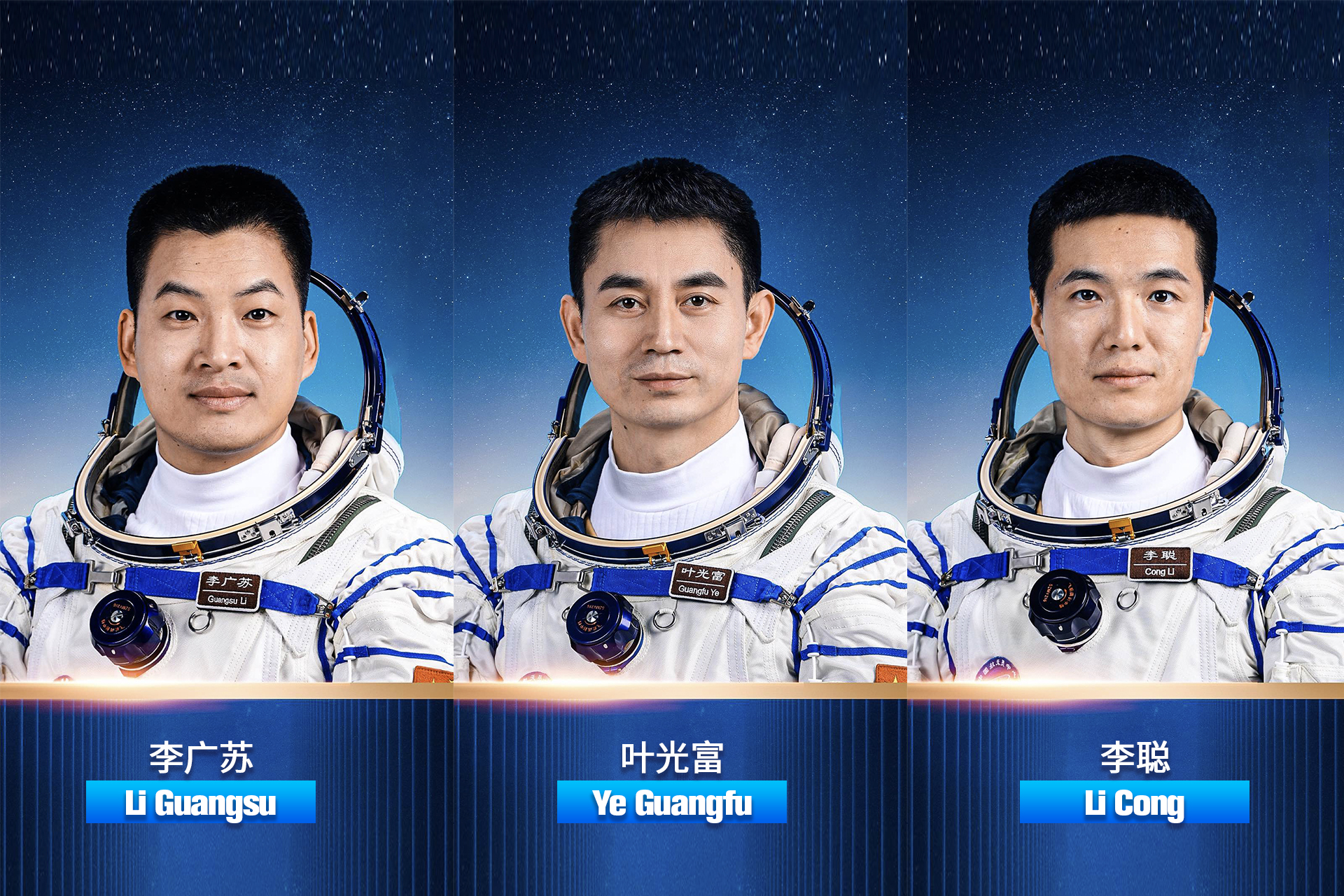



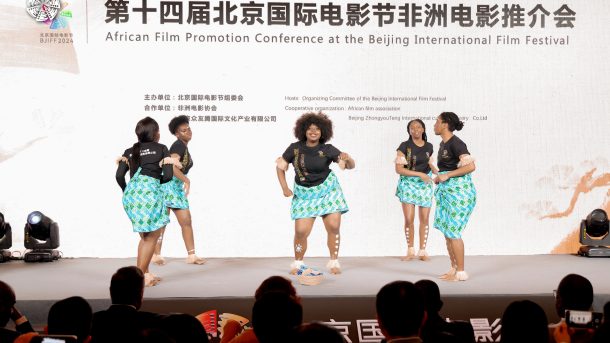
 Dancers perform at the African Film Conference at the 14th Beijing International Film Festival in Beijing, April 22, 2024. /BJIFF
Dancers perform at the African Film Conference at the 14th Beijing International Film Festival in Beijing, April 22, 2024. /BJIFF  Conference organizer Luc Bendza speaks at the African Film Conference at the 14th Beijing International Film Festival in Beijing, April 22, 2024. /BJIFF
Conference organizer Luc Bendza speaks at the African Film Conference at the 14th Beijing International Film Festival in Beijing, April 22, 2024. /BJIFF  Democratic Republic of Congo-born filmmaker Zeka Laplaine appears in a video message to the attendees of the African Film Conference at the 14th Beijing International Film Festival in Beijing, April 22, 2024. /BJIFF
Democratic Republic of Congo-born filmmaker Zeka Laplaine appears in a video message to the attendees of the African Film Conference at the 14th Beijing International Film Festival in Beijing, April 22, 2024. /BJIFF  Gabonese filmmaker Matamba Kombila appears in a video message to the attendees of the African Film Conference at the 14th Beijing International Film Festival in Beijing, April 22, 2024. /CGTN
Gabonese filmmaker Matamba Kombila appears in a video message to the attendees of the African Film Conference at the 14th Beijing International Film Festival in Beijing, April 22, 2024. /CGTN  Ugandan actor Samuel attends the African Film Conference at the 14th Beijing International Film Festival in Beijing, April 22, 2024. /BJIFF
Ugandan actor Samuel attends the African Film Conference at the 14th Beijing International Film Festival in Beijing, April 22, 2024. /BJIFF  Cameroonian actress Diamond poses for a photo at the African Film Conference at the 14th Beijing International Film Festival in Beijing, April 22, 2024. /CGTN
Cameroonian actress Diamond poses for a photo at the African Film Conference at the 14th Beijing International Film Festival in Beijing, April 22, 2024. /CGTN 